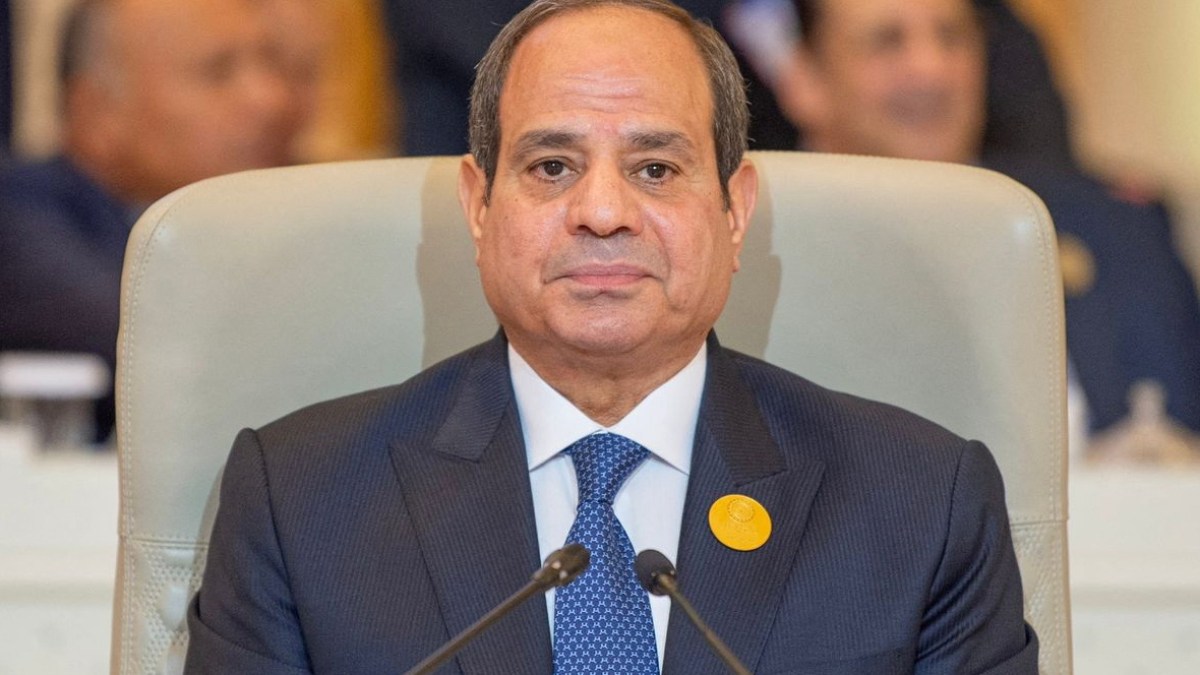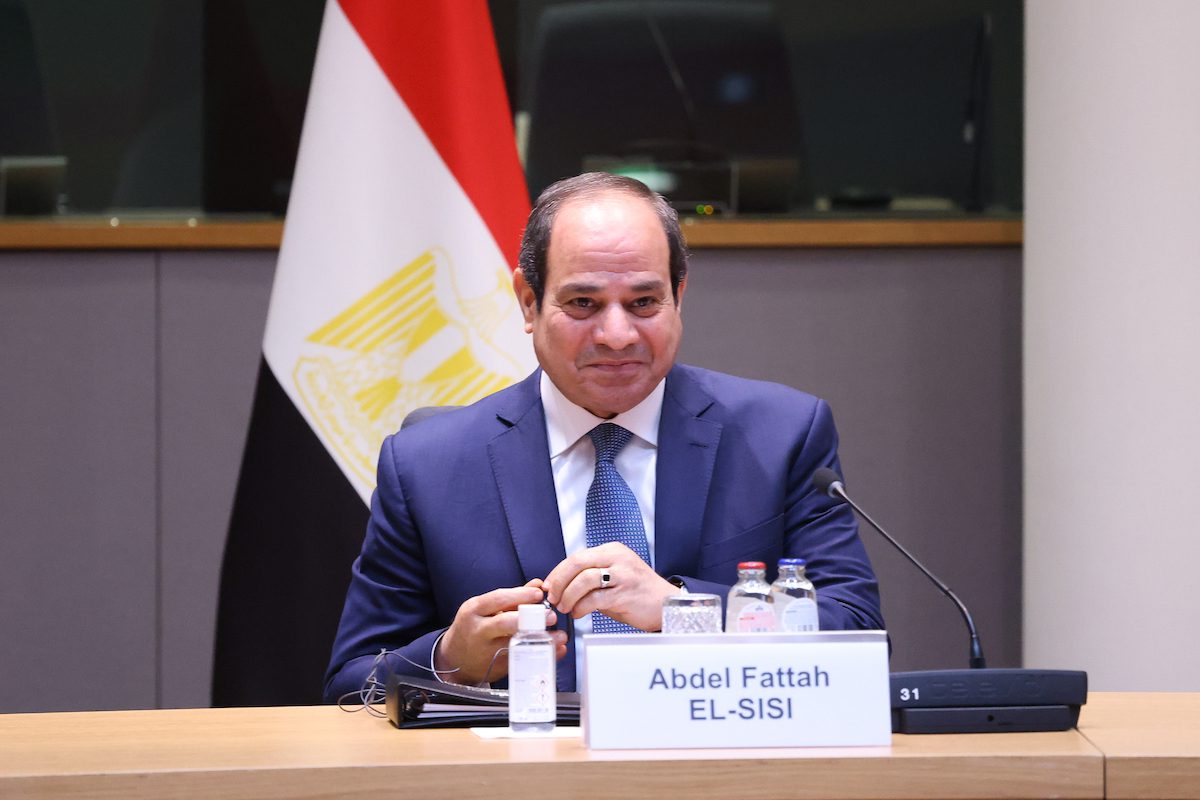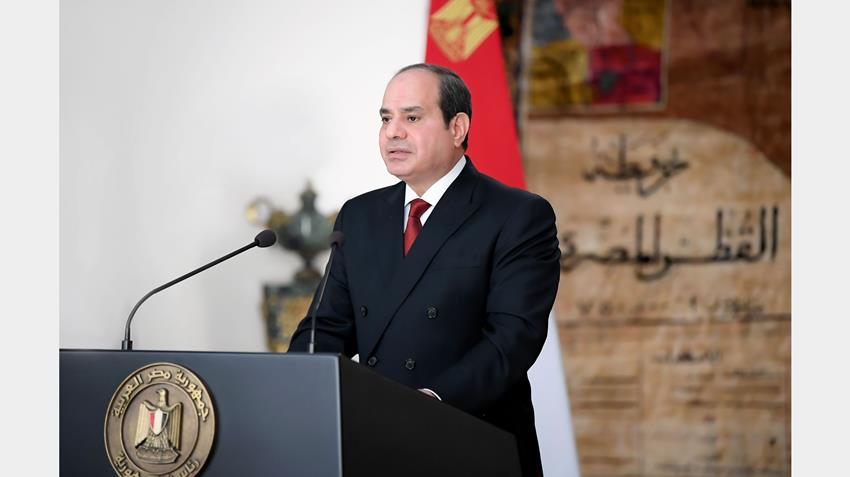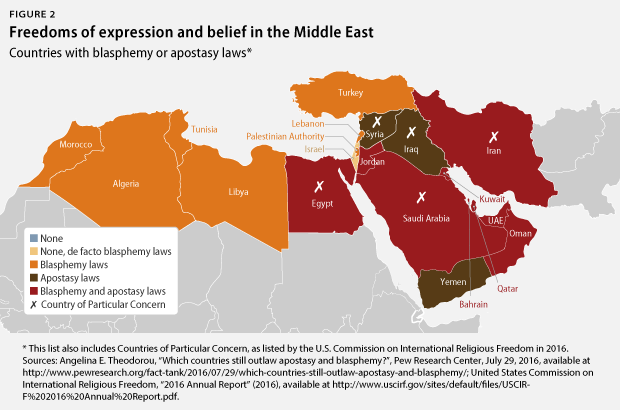El-Sisi has already served two four-year terms; a constitutional amendment in 2019 paved the way for him to stay in office until 2030, but he is presiding over a country that is deeply in debt, flailing economically, and living next door to brutal conflict with no easy end in sight.
Egypt faces looming deadlines to pay back at least $42 billion to lenders next year.
- It’s the second-likeliest country in the world to default on its debt payments, after Ukraine, according to a recent Bloomberg News ranking.
“Basically the entire duration of Sisi’s presidency has been an endemic series of economic crises — and it’s not just economic hardship, it’s humiliation,” said Timothy Kaldas, deputy director of the Tahrir Institute for Middle East Policy.
“While all this is happening, Egyptians are watching the regime enrich itself.”
- Inflation stands at 34.6 percent.
- For food products, it’s nearly double. Amid a hard-currency crunch, Egyptians are hoarding dollars or selling them on the black market.
- Prices of basic commodities have soared, and poverty is on the rise. . .
Sisi took 89.6 percent of the vote to secure a third term, with turnout at 66.8 percent, says election authority.
Sisi has already served two four-year terms; a constitutional amendment in 2019 paved the way for him to stay in office until 2030, but he is presiding over a country that is deeply in debt, flailing economically and living next door to brutal conflict with no easy end in sight. . .For most Egyptians interviewed by The Post, their willingness to cast a ballot appeared to stem less from love of the president than from a deep fear that has taken hold here since Oct. 7, when the Hamas assault on Israel triggered the war in neighboring Gaza.
As Israel bombards Gaza, killing thousands of civilians, public anger at Israel and its Western backers is mounting. Remarks by some right-wing Israeli politicians — coupled with a military assault that has pushed nearly 2 million Gazans toward the Egyptian border — have fueled fears in Egypt that Israel is trying to drive Palestinians into northern Sinai. . .
Security and stability have formed the cornerstone of Sisi’s pitch since he came to power in 2013 after a military coup ousted Mohamed Morsi, Egypt’s democratically elected president from the Muslim Brotherhood.
- Sisi gambled that Egyptians and foreign backers would tolerate domestic repression, the jailing or exiling of human rights defenders, the shrinking of civic space — and even mismanagement of the economy — so long as he ensured that Egypt remained calm in a region torn apart by turmoil.












No comments:
Post a Comment